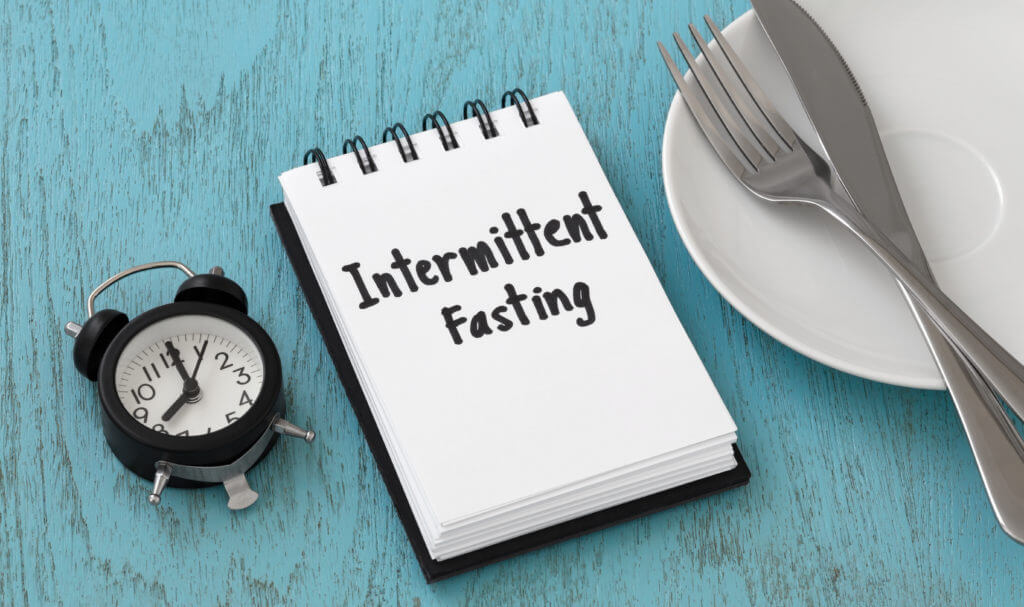LONDON — Squeezing all of your meals into a set window of time each day requires serious discipline, but noteworthy new research is making a strong argument in favor of intermittent fasting. Scientists at King’s College London report that eating within a 10-hour window has a link to both higher energy and mood and lower hunger levels.
Intermittent fasting (IF), defined as restricting one’s food consumption to a set window of time, has emerged as a popular weight loss regime in recent years. A 10-hour window, for example, means limiting your daily eating schedule to 10 hours and then fasting for the remaining 14 hours of the day. So, if you eat your first bite at 9 a.m. you should eat your last bite by 7 p.m.
While some fasting advocates have been known to promote restrictive eating windows as low as just six hours, researchers report that even eating within a less restrictive window of 10 hours still offers positive health benefits (changes in mood, energy, and hunger). Additionally, dieters who stuck with their eating window enjoyed greater benefits in comparison to others who varied their eating window more often.
“This is the largest study outside of a tightly controlled clinic to show that intermittent fasting can improve your health in a real world setting. What’s really exciting is that the findings show that you don’t have to be very restrictive to see positive results. A ten-hour eating window, which was manageable for most people, and improved mood, energy levels and hunger. We found for the first time that those who practiced time-restricted eating, but were not consistent day to day, did not have the same positive health effects as those who were dedicated every day,” says Dr. Sarah Berry from King’s College London and chief scientist at ZOE in a media release.

A total of 37,545 people on the ZOE Health app completed the core intervention period of three full weeks. Then, researchers instructed the participants to eat normally for the first week, followed by a 10-hour eating window for the next two weeks. Over 36,231 participants opted for additional weeks and 27,371 users were highly engaged. Demographically, highly engaged participants were 78 percent female with an average age of 60 and a BMI of 25.6. Those with a longer typical eating window prior to the study intervention enjoyed an even greater benefit to their health.
“This study adds to the growing body of evidence showing the importance of how you eat. The health impact of food is not just what you eat but the time at which you choose to consume your meals, and eating window is an important dietary behavior that can be beneficial for health. Findings shows that we don’t need to be eating all the time. Many people will feel satiated and even lose weight if they restrict their food to a ten-hour window,” concludes Kate Bermingham PhD, from King’s College London and ZOE.
The study team presented their findings at the 2023 European Nutrition Conference in Belgrade, Serbia.
You might also be interested in:
- Intermittent fasting shows signs of preventing Alzheimer’s disease
- Dinner bad for brain? Eating only during daytime slashes risk of anxiety, depression
- Skipping breakfast while on a fasting diet can actually damage your immune system
- Best Weight Loss Programs: Top 5 Diets Most Recommended By Experts

